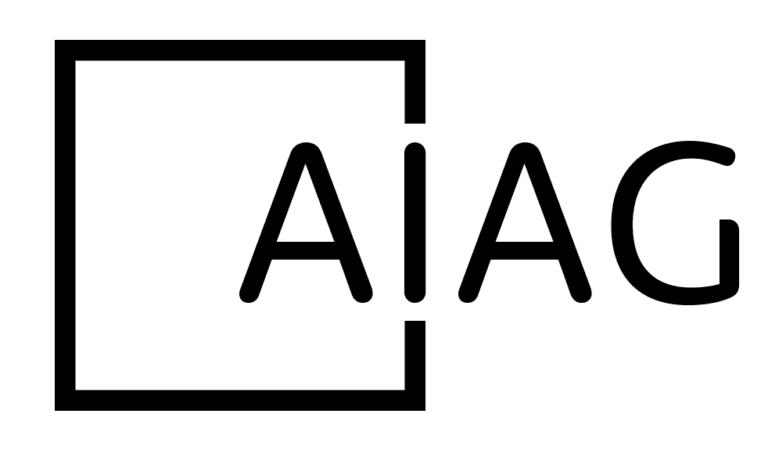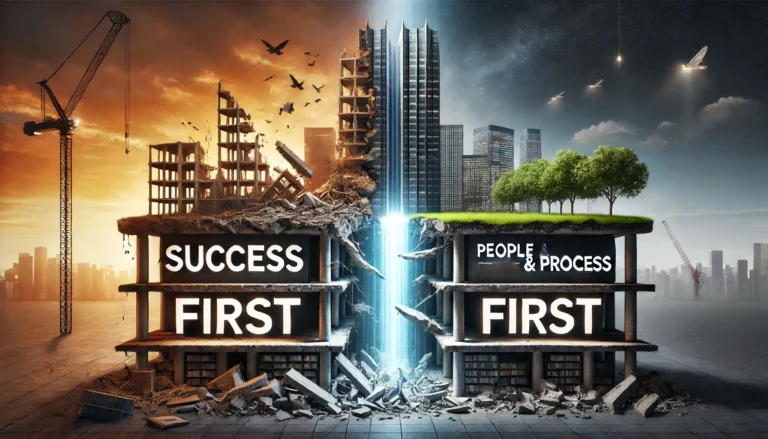It’s a humbling reality: humans can only see 0.0035% of the electromagnetic spectrum. The colors and light we perceive are just a minuscule sliver of the vast array of electromagnetic waves that exist. From gamma rays to radio waves, the majority of the universe’s spectrum is invisible to us. And yet, within that fraction we can see, we’ve built civilizations, created art, and advanced technology.
Similarly, humans make an estimated 35,000 decisions a day. From mundane choices like what to eat for breakfast to profound ones that shape our lives, each decision contributes to the trajectory of our existence. Most of these decisions occur subconsciously, influenced by biases, habits, and emotions. Just as we only perceive a tiny fraction of the electromagnetic spectrum, we’re only consciously aware of a fraction of the decisions we make.
But what if we could align these seemingly disparate concepts—the limits of our perception and the volume of our decisions—to focus not on ego, credit, or validation but on outcomes? What if we let go of the need to “see everything” and instead trusted the process, striving for desired results rather than applause?
Seeing Beyond: The Spectrum of Possibility
The electromagnetic spectrum serves as a metaphor for how much of life exists beyond what we can perceive. In business, relationships, and personal growth, we often focus on what’s directly in front of us, much like focusing only on visible light. This limited focus is a natural result of human psychology. After all, we tend to prioritize what we can immediately see, measure, and validate.
However, some of the most significant breakthroughs come from exploring the invisible. For instance:
- Wi-Fi and radio signals, which rely on parts of the spectrum our eyes cannot detect, have revolutionized communication.
- Medical imaging technologies, like X-rays and MRIs, allow us to see inside the human body, offering life-saving insights.
In the same way, many of the most impactful decisions and actions operate beyond the visible spectrum of recognition or validation. The work you do when no one is watching, the sacrifices you make without acknowledgment, and the small, invisible choices that shape your day all contribute to outcomes in ways you might never fully see.
When we fixate on gaining credit or external validation, we narrow our focus, missing the broader spectrum of possibilities. By contrast, we open ourselves to extraordinary achievements when we embrace the unknown and strive for outcomes.
35,000 Decisions: A Day in the Life of Purpose
Making 35,000 decisions a day might sound overwhelming, but the majority of these choices happen automatically. These decisions include everything from adjusting your posture to deciding when to check your phone. Our brains, ever-efficient, rely on habits and heuristics to handle the load. But herein lies the challenge: not all habits or subconscious decisions lead to desired outcomes.
When ego drives our decisions—seeking credit, recognition, or an opportunity to validate our intelligence or effort—we risk making choices that serve short-term gratification rather than long-term success. On the other hand, when we focus on outcomes, we prioritize what matters most.
Consider these scenarios:
- A leader in a team setting: When ego leads, the leader might push their own ideas, seeking recognition for success. When outcome leads, the leader fosters collaboration, empowering others to contribute ideas—even if someone else gets the credit.
- An entrepreneur facing a challenge: When ego leads, they might resist advice or solutions that aren’t their own. When outcome leads, they accept help, pivot strategies, and focus on solving the problem.
- A professional in their career: When ego leads, they might seek constant validation through titles, awards, or public praise. When outcome leads, they concentrate on creating value, knowing that success will follow.
Outcome Over Ego: Shifting Focus
Focusing on outcomes rather than validation requires a mindset shift. Here’s how to make the transition:
- Detach from Validation
Acknowledge that your value doesn’t depend on external recognition. You don’t need applause for every effort. True accomplishment lies in achieving your goals, regardless of who notices. - Define Your Desired Outcomes
Be clear about what you want to achieve. Whether it’s completing a project, improving a relationship, or building a business, articulate the end goal. This clarity keeps your focus on results rather than distractions. - Celebrate Invisible Wins
Some of the most important work happens behind the scenes. Recognize and celebrate progress, even if it’s invisible to others. Every step toward your goal matters, even if no one else sees it. - Prioritize Collaboration
Ego often seeks to dominate, while outcome-oriented thinking values collaboration. Work with others, valuing diverse perspectives and shared goals. Success is rarely a solo effort. - Embrace Failure as Feedback
Ego views failure as a personal attack. Outcome-driven thinking sees failure as a stepping stone. Analyze what went wrong, learn from it, and adapt.
The Bigger Picture: Why It Matters
When we prioritize outcomes over ego, we free ourselves from the constraints of seeking constant approval. This shift doesn’t just benefit individuals—it transforms teams, organizations, and even societies.
For Individuals
When you stop worrying about who gets credit, you focus on solving problems and creating value. This approach reduces stress, fosters creativity, and enhances resilience. It allows you to take risks and innovate, knowing that the journey matters more than the applause.
For Teams
Outcome-oriented teams are more collaborative and effective. They prioritize the mission over individual egos, ensuring that everyone works toward a shared goal. Such teams are more innovative and adaptable, thriving in challenging environments.
For Organizations
Organizations that emphasize outcomes over recognition foster a culture of accountability and excellence. Employees are motivated to contribute because they know their work matters—not because they’re chasing personal glory.
For Society
When society shifts its focus from ego-driven pursuits to outcome-driven goals, it addresses systemic challenges more effectively. From climate change to social justice, collective action based on desired outcomes is far more powerful than individual posturing.
The Invisible Hand of Impact
Just as we can’t see most of the electromagnetic spectrum, we can’t always see the full impact of our actions. A kind word might change someone’s day. A small innovation might lead to a major breakthrough years later. The decision to help a struggling colleague might set off a ripple effect, improving the entire organization.
This invisible impact underscores the importance of letting go of ego. You don’t need to see the results of every action to know that they matter. Trust that your efforts contribute to a larger picture, even if you never get credit.
Beyond the Spectrum
We live in a world where much remains unseen—both in the electromagnetic spectrum and in the outcomes of our decisions. Yet, within the 0.0035% we can see and the 35,000 choices we make daily, we have the power to shape our lives and the world around us.
When we focus on outcomes rather than validation, we transcend our limitations. We become more than individuals seeking recognition—we become catalysts for change, creators of value, and stewards of progress. So, let go of the need to be seen. Trust the process. And remember: the most meaningful contributions often happen in the spectrum no one else can see.




